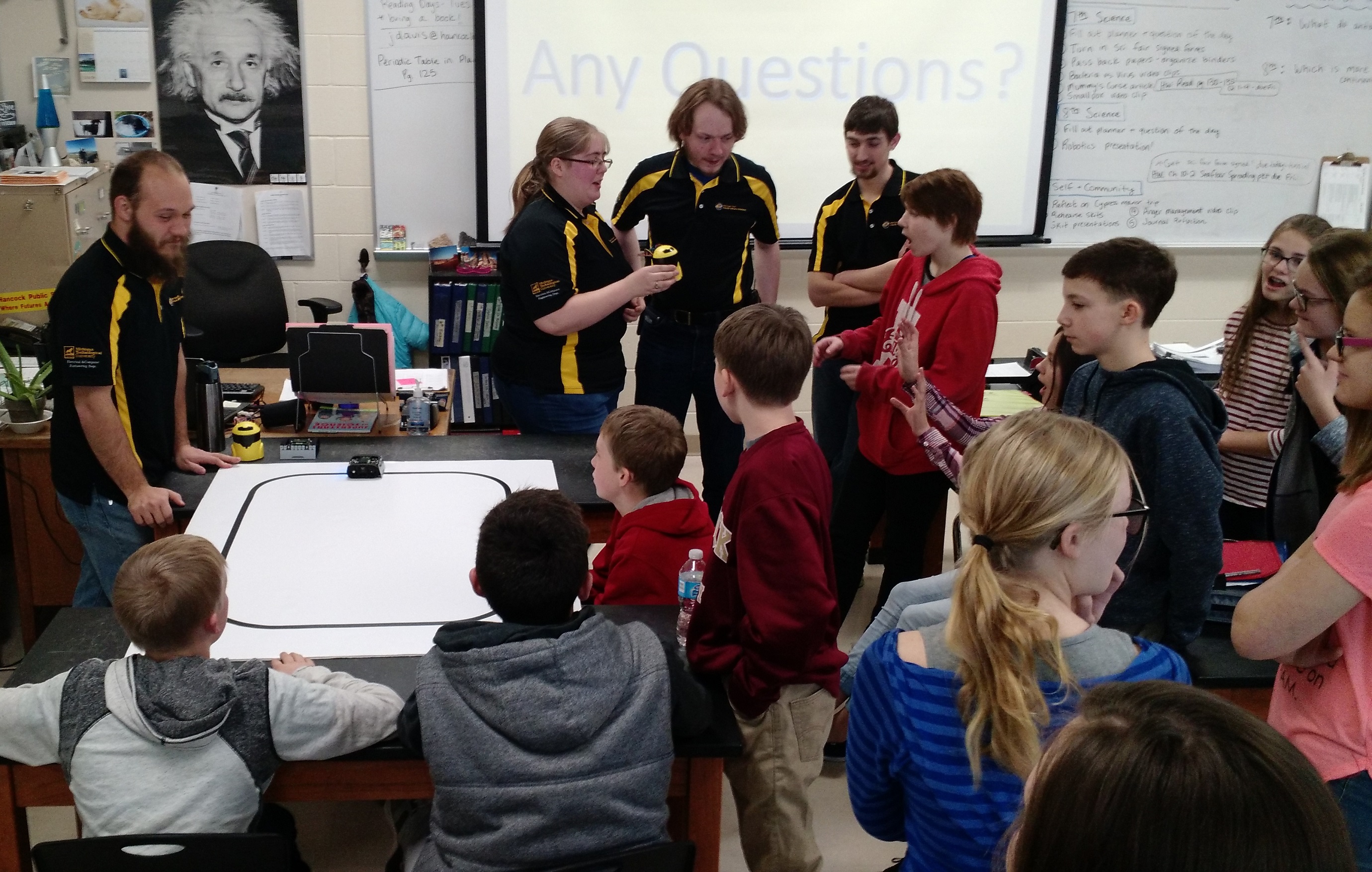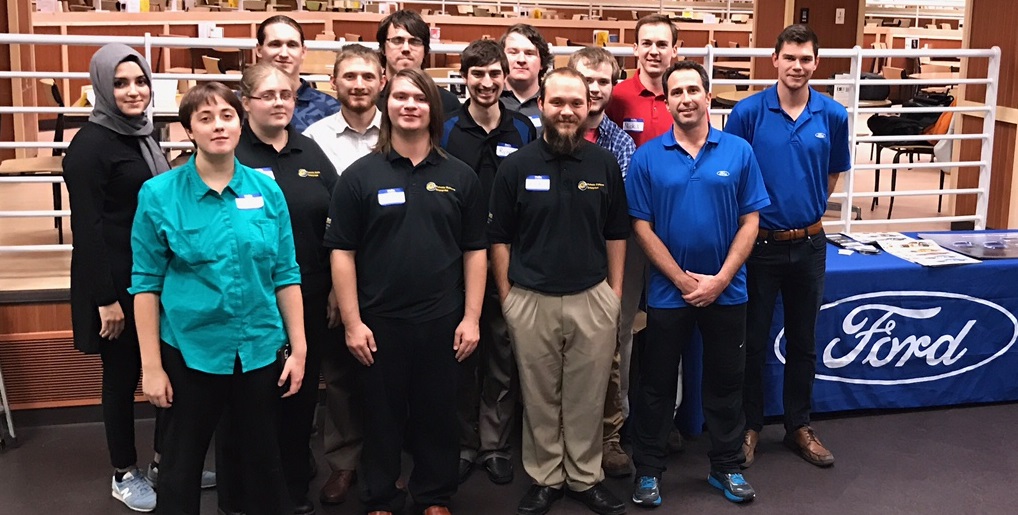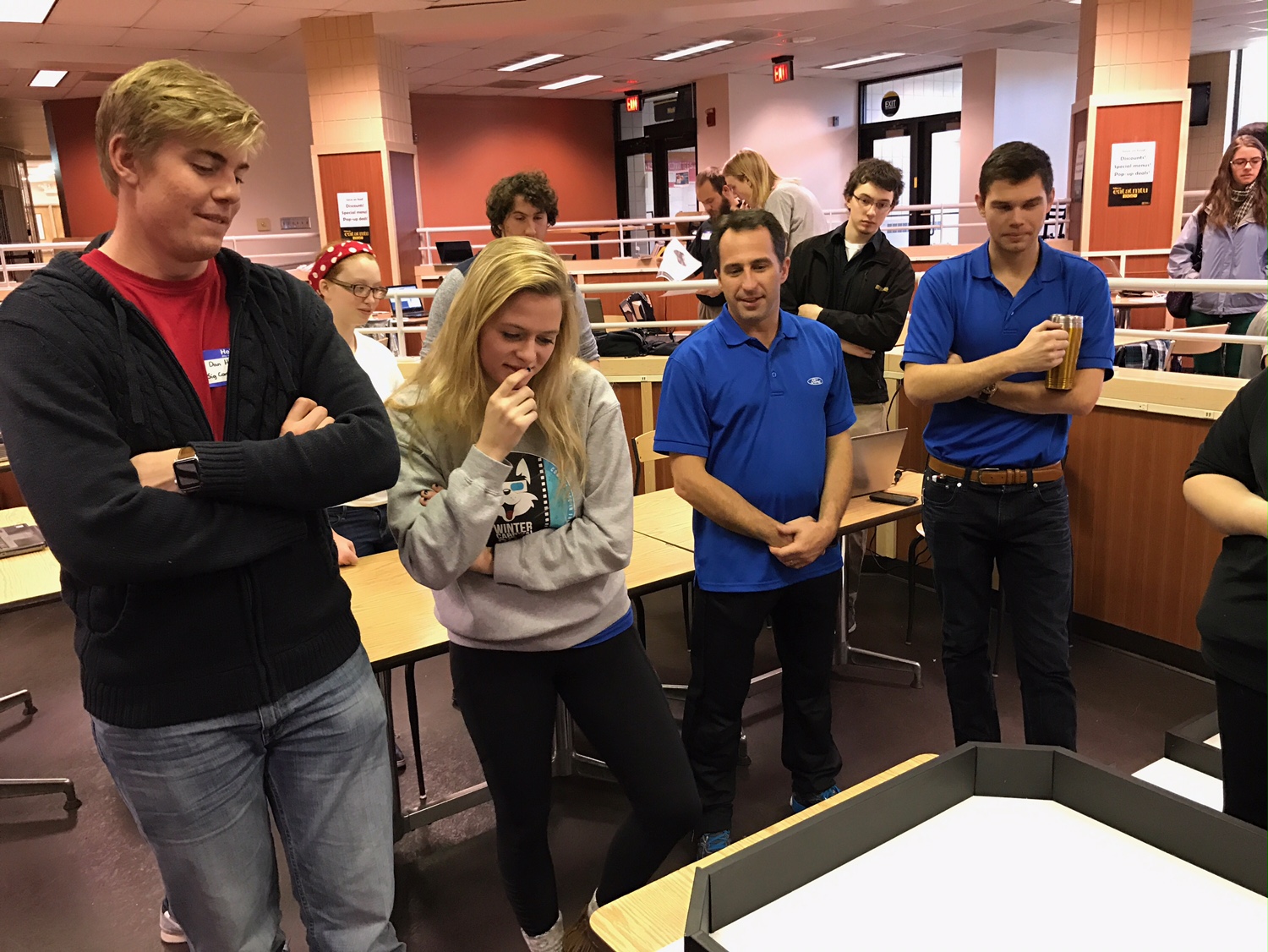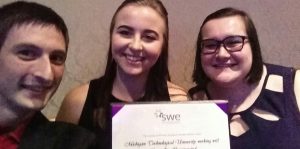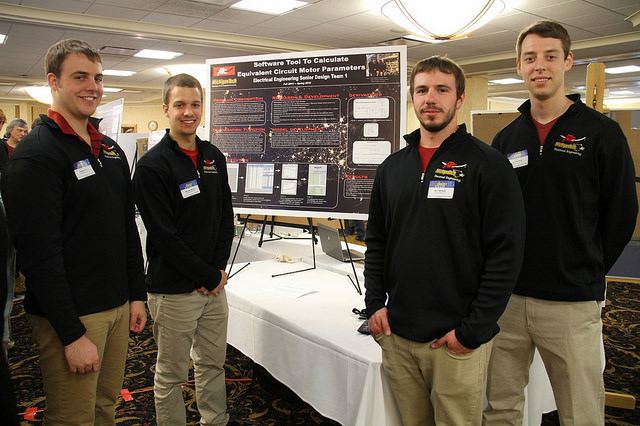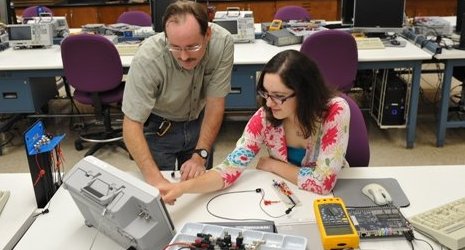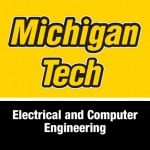Carter Dugan is a computer engineering student. He’s also a member of WCE, the Wireless Communications Enterprise team, part of Michigan Tech’s award-winning Enterprise Program. WCE is focused on technology—wireless, optical, renewable energy and biomedical. The student-run enterprise works as a think-tank for companies looking to push their product lines to a higher level. WCE members also work as entrepreneurs, taking their own ideas to a level where they can be useful for industry and consumers alike.
Tell us a little about yourself.
Similar to my degree, I have a hardware side and a software side. I write a lot of code in my free time, mainly using either the C or Python programming languages. Outside of those two languages, I know Java and a small amount of C++. My main areas of interest in computer science are artificial intelligence, data science, systems programming, and CS education.
How did you decide to come to Michigan Tech?
I visited many schools in Indiana (my home state) and none of them stood out to me. I was considering not going to college at all after struggling to find a school and community that seemed to suit me. I don’t remember how I heard about Michigan Tech, but I remember visiting in January of 2020 on a Husky Host visit. I watched Broomball, spent time with a group of 10 or so students, and instantly fell in love with the community, the culture and the weather. That night I knew Michigan Tech was the school for me.
Any recipes, formulas, or tips for success?
My first year was during lockdown, so I can’t speak on the average first year experience. However, I know that many students struggle with adjusting to university life and workload regardless of their background, because many are not used to having to work hard for good grades. My number one piece of advice is to be patient with yourself. It took me until this year to get into a comfortable routine and schedule for success, and many who had similar experiences did not make it this far. It is all about having confidence in both your present self and your future self, and trusting in the process of being knocked over and getting back up to try again. If you follow this advice, you will be very successful, even when you falter academically.
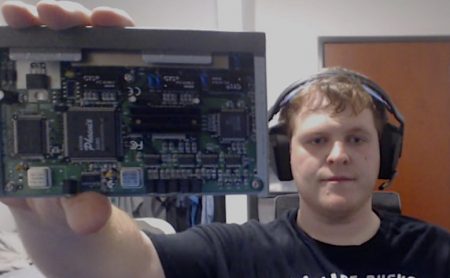
What WCE projects are you working on right now?
I am very interested in radio technology and joined to learn more about wireless comms. I’m on a team working on a drone that can use a cell tower as a middle man when communicating with the user, something that gives drones a much larger range of control. It is a very interesting and ambitious project, and the time I have spent working on it with my incredibly intelligent teammates has been invaluable and has taught me a lot.
What are the greatest challenges and benefits?
We haven’t run into many challenges, as we have an enthusiastic mentor and a good amount of freedom with the project. WCE itself has a particularly low member count at the moment. We’re taking that challenge by the horns by getting the word out about the enterprise and trying to get younger students into the lab to show them what we’re about. It is going very well, and we believe we’ll have a very strong group of students of various backgrounds joining in the coming semesters.
The best part about WCE has been working with my team. Like I said, they are all very smart and hard working. Having a team that keeps each other in check and focused has resulted in maintaining a high work ethic. We have a good amount of momentum, and I have enjoyed every second I’ve spent with these people. I have learned so much from them already and look forward to continuing the learning experience.
Do you attend the MTU Career Fair?
My own experience at the MTU Career Fair has been very positive. I have networked with many people from different organizations and companies, resulting in a fantastic internship in the summer of 2023—a telecommunications company in Iron Mountain, Michigan, called CCI Systems. During my time there I gained valuable experience working with AI. It was an experience I’m confident will greatly pay off in the future. The MTU Career Fair has its reputation for a reason. Many companies love Michigan Tech students and grads—that’s because they know the work that goes into being a student at this university.
How did you find your major?
I originally chose computer engineering because I always loved computer science and electrical engineering, and this degree is a hybrid of the two. However, I have recently discovered that I want to pursue a career in electronic control systems. I am currently taking my first class in that area and I love the content. I hope to secure a job in that field and will do whatever it takes to make that happen.
Have you tried undergraduate research at Tech?
I haven’t done undergraduate research outside of personal projects, but I have many friends who are doing various research projects in their undergrad, from EEs researching quantum computing and photonics to Biochem students doing research on environmental impacts on human cell structure and health.
How would you change the world if you could?
Making information and education freely available to anyone interested in any field of STEM. Information is more accessible than ever with the internet and now AI, yet so many people do not have access or the know-how to take advantage of it. If we can change this, it would greatly benefit us as individuals and as a species.
What is the best advice you’ve ever been given?
The best advice I’ve been given is to learn to learn instead of learning how to be taught. Relying on others (even professors!) to teach you the content will only get you so far. Almost all of learning is reliant on your self-discipline and passion for the education you are pursuing. Seize every opportunity and trust in the process. Failure is the most vital part of success and you won’t learn anything without it.
Your advice for first year students?
Many people will tell you to be your own number one supporter, and many others will tell you that you need to be your own number one critic. You need to be both if you want to succeed to your fullest potential.
“Above all else, be patient with yourself and give yourself time to improve.”
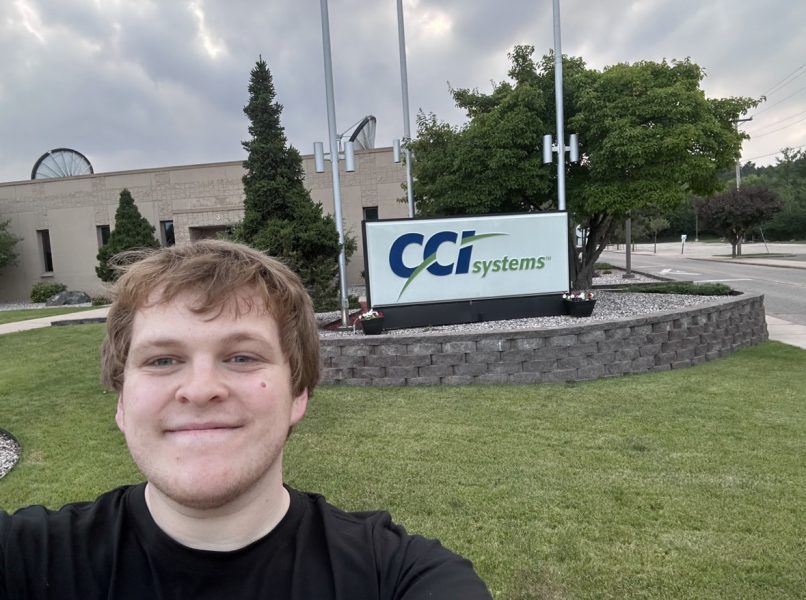
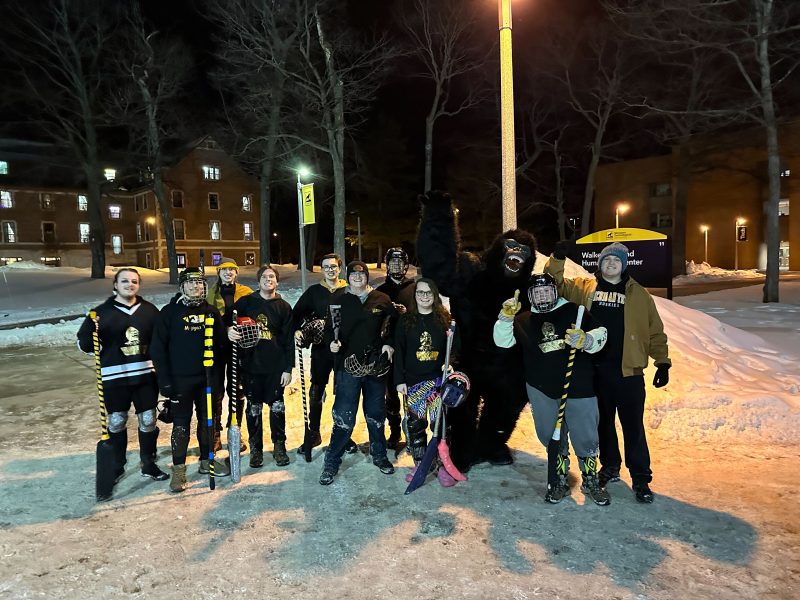
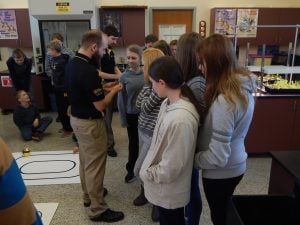 Michigan Technological University’s
Michigan Technological University’s 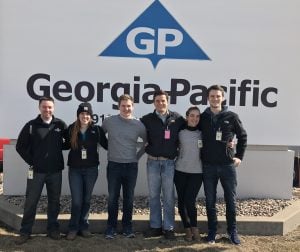
 The Enterprise Governing Board and the School of Business Scholarship Committee has recently selected Olivia Burek to receive the
The Enterprise Governing Board and the School of Business Scholarship Committee has recently selected Olivia Burek to receive the 